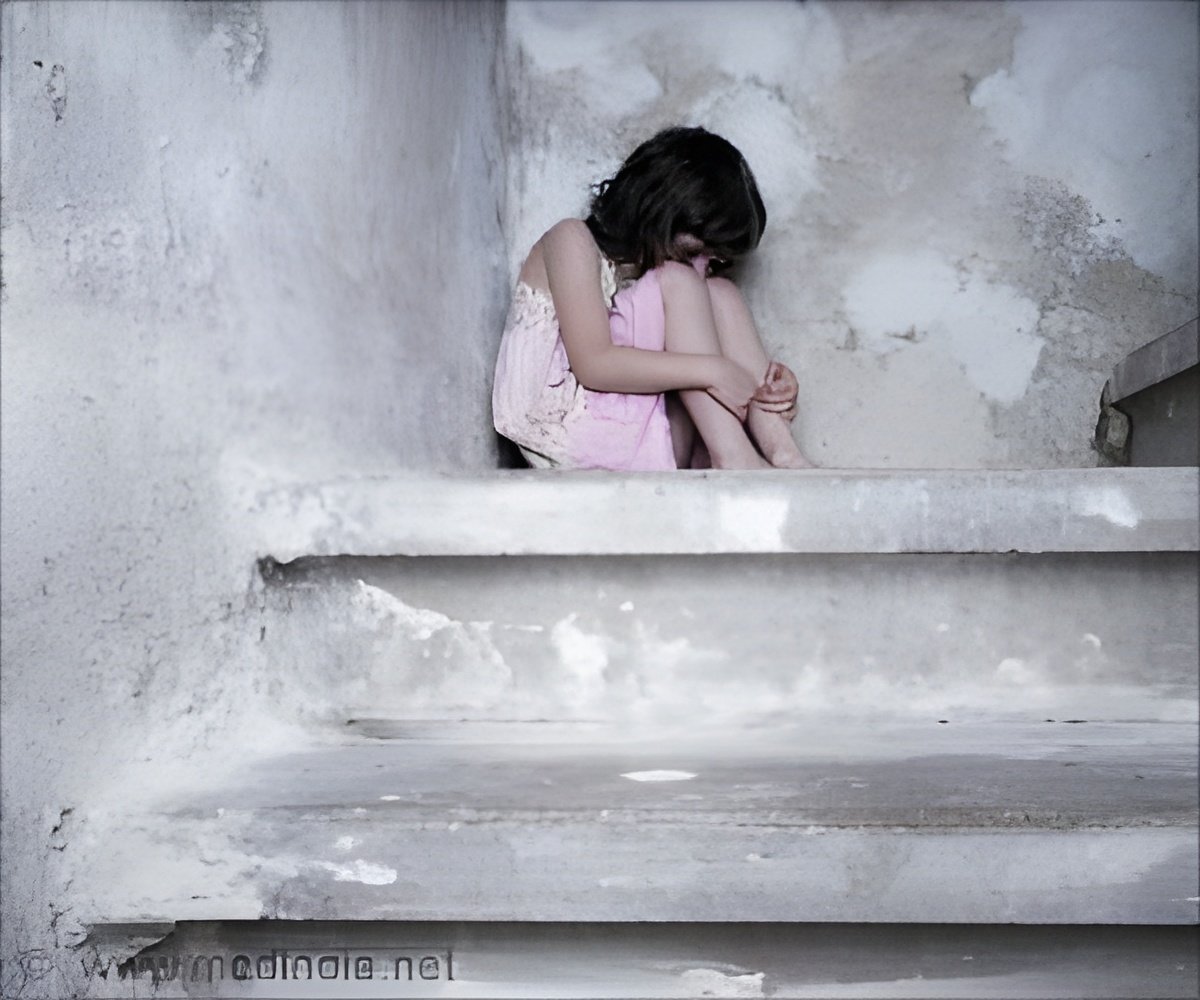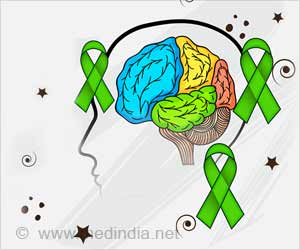New study reveals that suicidal thoughts begin as early as nine and 10-year olds and family dynamics may influence such thoughts in them.

‘Family conflict and parental monitoring are significant predictors of suicidal thoughts.
’
Read More..




Majority of children surveyed had caregivers who either didn't know or didn't report, the suicidal thoughts of the children in their charge.Read More..
"There's already been press about suicidal ideation in teenagers," said Deanna Barch, chair and professor of Psychological & Brain Sciences in Arts & Sciences and professor of radiology in the School of Medicine "But there's almost no data about rates of suicidal ideation in this age range in a large population sample."
The study, conducted by Barch and Diana Whalen, Ph.D., psychiatry instructor at the School of Medicine, as well as colleagues at the Laureate Institute for Brain Science, looked at 11,814 9- and 10-year-olds from the Adolescent Brain Cognitive Development (ABCD) study, a national, longitudinal study on adolescent brain health in which caretakers also participate.
Dividing suicidal thoughts and actions into several categories, researchers found that 2.4 to 6.2% of the children reported having thoughts about suicide, from wishing they were dead to devising -- but not carrying out -- a plan.
When it came to actions, they saw 0.9% of these 9- and -10-year-olds said they had tried to commit suicide; 9.1% reported non-suicidal self-injury.
Advertisement
"There were two reasons I was sure," she said. "When you look at the CDC rate of kids in middle and high school who have these thoughts, it's pretty high. It's clear that they weren't arising out of the blue."
Advertisement
Also of note are some discrepancies seen between males and females. Specifically, males showed more suicidal thoughts and more non-suicidal self-injury than the girls; these trends reverse as people age, studies show.
"We don't really know why ," Barch said. "By the time adolescence hits, the rates go up for everyone, but they go up disproportionately for girls. The discrepancy was completely unexpected."
Another group that may have found the results unexpected: caregivers.
This is the age when kids and their caregivers generally tend to give different reports of internal experiences, Barch said, but still, the disconnect between self-reports of suicidal thoughts and caregivers' reports of their kids' thoughts diverged widely. In more than 75% of cases where children self-reported suicidal thoughts or behaviors, the caregivers did not know about the child's experience.
The nature of the ABCD study, following the children over time, will allow researchers to tease out this apparent contradiction. "One question is going to be whether one of those reports" -- that of the child or the caregiver -- "is more predictive than the other of how the kids do over time," Barch said.
In fact, caregivers seem to play an important role when it comes to suicidal thoughts and behaviors in this young age group. After adjusting for sex, family history, and other variables, family conflict was a predictor of suicidal thoughts and non-suicidal self-injury. Monitoring by a caretaker was also predictive of those measures, as well as suicide attempts.
Historically, the belief has been that people don't need to ask kids about suicidal thoughts before adolescence, Barch said. "Our data suggest that's absolutely not true. Kids are having these thoughts. They're not at the same rates as adults, but they are nontrivial."
She suggested parents, caregivers and people working with children should be aware of the possibility that a 9-year-old is thinking about suicide.
"If you have kids who are distressed in some way, you should be asking about this," she said. "You can help identify kids that might be in trouble."
Source-Eurekalert










